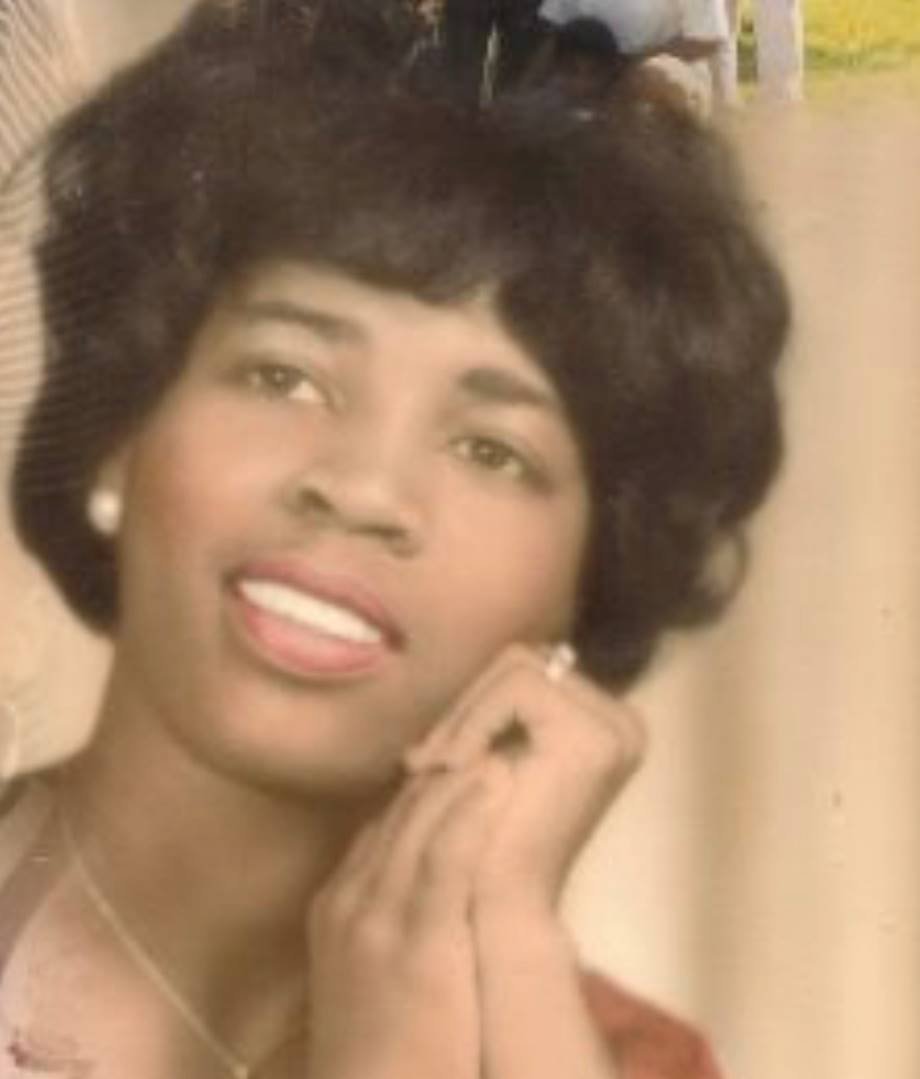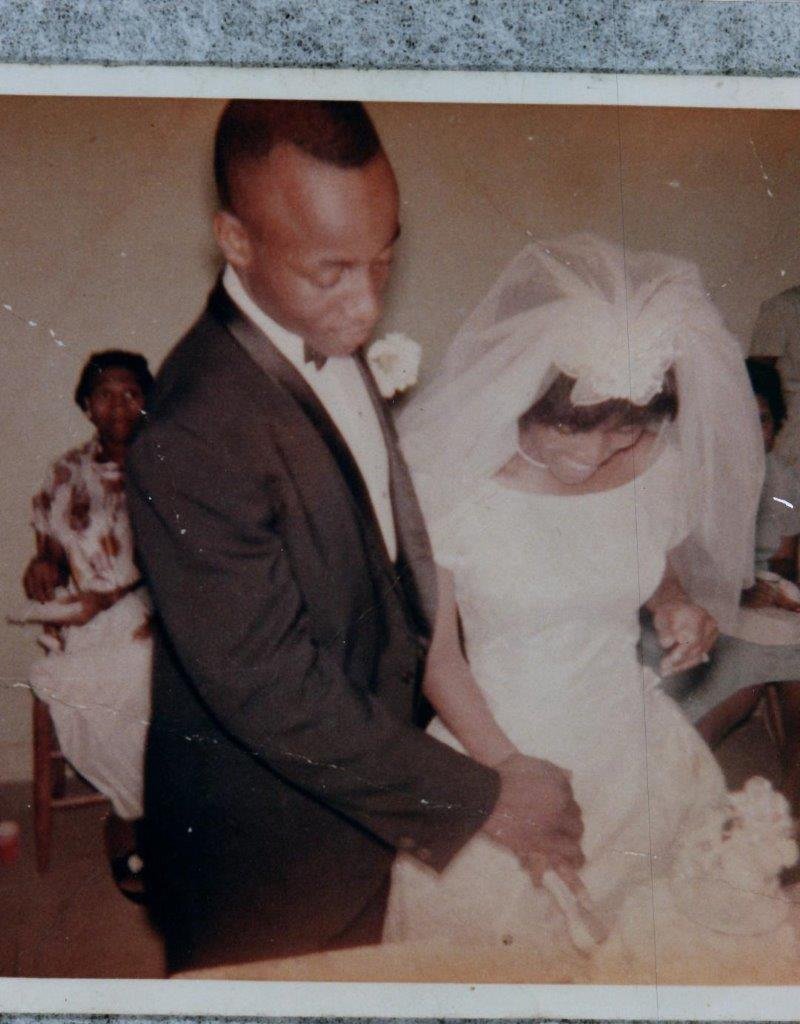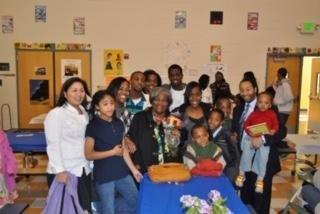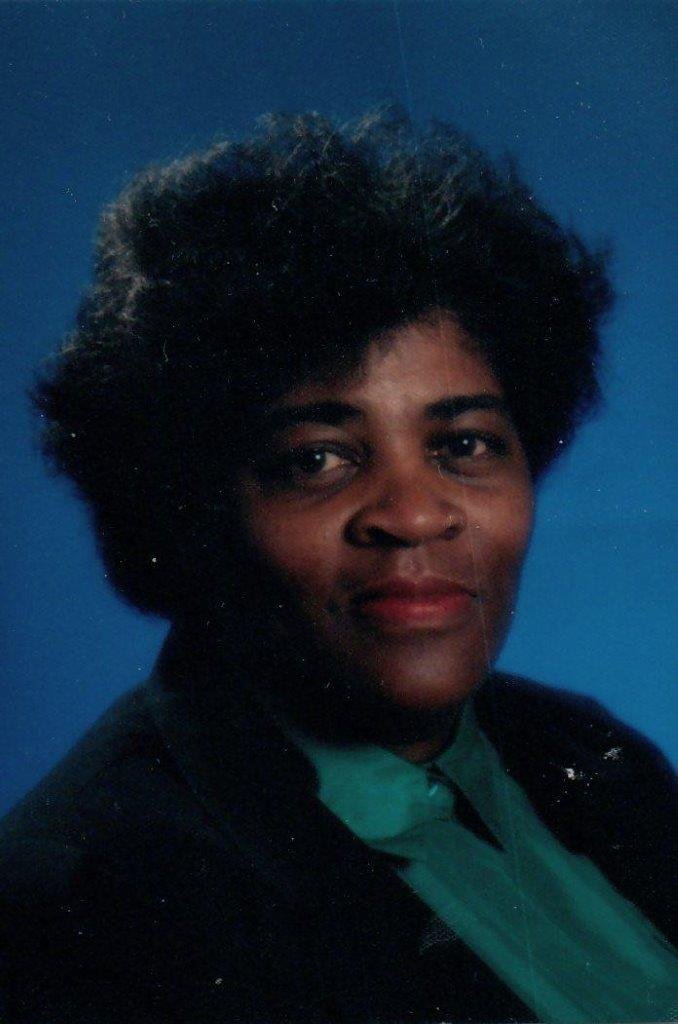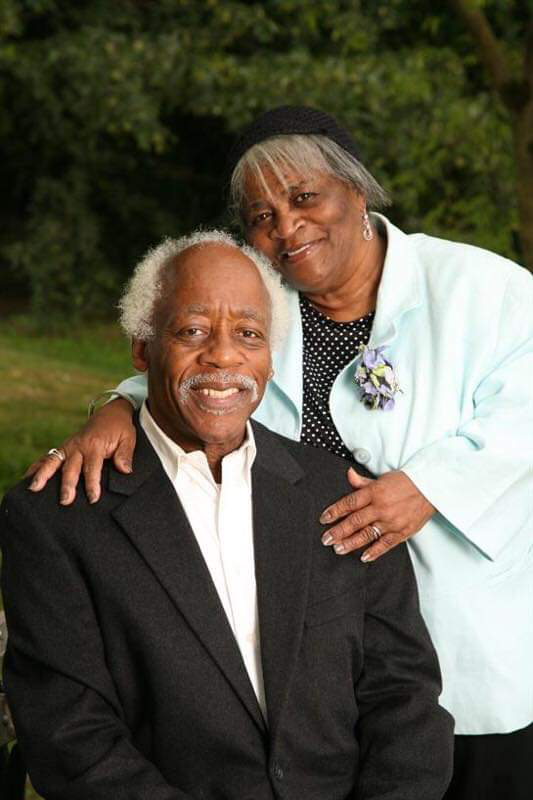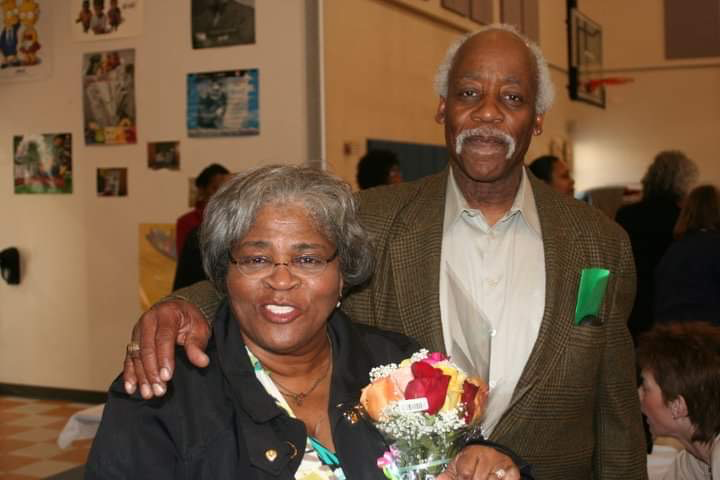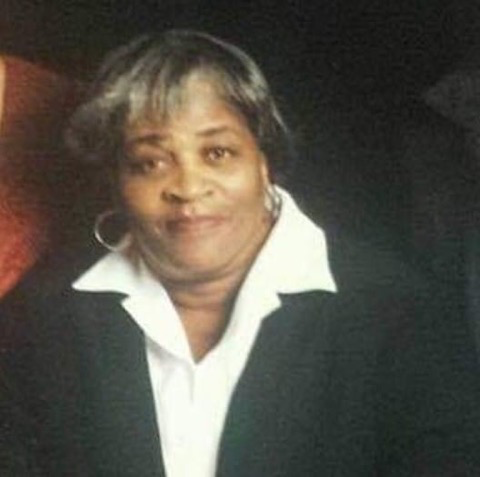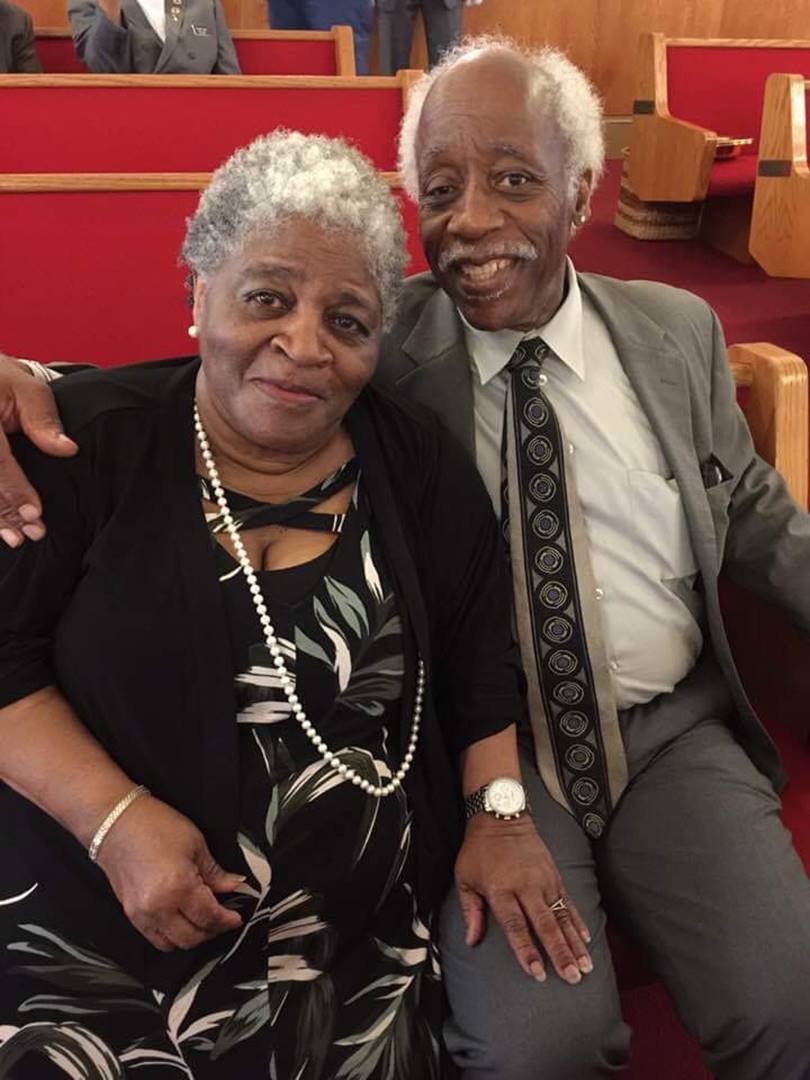This week, I had the privilege of writing the obituary for Cora Jean Howard, a longtime Seattle schools teacher who died from the coronavirus at 77 years old. I want to expand on some details of her story here.
https://www.seattletimes.com/seattle-news/obituaries/cora-jean-howard-77-a-veteran-seattle-teacher-who-leaves-a-legacy-of-empathy-dies-of-coronavirus/">https://www.seattletimes.com/seattle-n... #waedu #coronavirus
https://www.seattletimes.com/seattle-news/obituaries/cora-jean-howard-77-a-veteran-seattle-teacher-who-leaves-a-legacy-of-empathy-dies-of-coronavirus/">https://www.seattletimes.com/seattle-n... #waedu #coronavirus
She was born Cora Jean Smith on Dec. 20, 1942, in Lufkin, Texas. She met her best friend and childhood sweetheart, Theodore Howard, at school. Their relationship blossomed from awkward hellos in the hallways to walking home with together almost every day.
She and Theodore were young when they got married at a baptist church in town. It was two years after Cora graduated high school, in 1963. As they built their lives together, eventually moving to Seattle& #39;s Central Area, they had 7 children and 17 grandchildren.
She fell in love with teaching mid-career, switching her major after volunteering with some students through a Seattle University program. She taught in Seattle schools for 23 years, and was often the last to leave the building at Emerson Elementary, the last place she worked.
Her strength was working with students who were struggling. She went the extra mile for them, driving them home when their parents had late shifts. She made sure her children, three of whom became Seattle teachers/principals, showed the same empathy to others.
"‘Honey, you can only control the 6 hours that child is with you in the classroom," she told her daughter, Shari, who& #39;d just become a teacher. "Sometimes a child has been hurt, and abused, and you’re the only consistent routine that they have. Show them as much love as you can."
Shari said her mom once pulled the car over to advise a stranger who was yelling and yanking at her son in a park. As Shari watched in disbelief from the passenger seat, the mother — who was initially affronted at the intervention— later hugged Mrs. Howard.
After they retired, Cora and Theodore babysat their grandkids and pushed their kids to travel places they never got to see.
Thanksgiving and Christmas was always a huge event at their home. They had to ask their kids to start making the food a few yrs ago because it got tiring.
Thanksgiving and Christmas was always a huge event at their home. They had to ask their kids to start making the food a few yrs ago because it got tiring.
On March 17, Theodore noticed Cora was dragging herself around the house and struggling to breathe. He called a nurse, who told him to dial 9-1-1.
"You& #39;re gonna be OK," he remembers telling her. "I& #39;m going to follow you in the ambulance."
That was last time he saw her.
"You& #39;re gonna be OK," he remembers telling her. "I& #39;m going to follow you in the ambulance."
That was last time he saw her.
Her condition continued to deteriorate until April 3. The doctors tried many things — including Hydroxychloroquine, the antimalaria drug that Trump touted as a treatment for the virus despite its unproven results and even potentially dangerous effects for some patients.
Only 12 people were allowed at the funeral service. Their kids, Theodore, and the pastor at the church Cora attended regularly.
They sat far away from each other, wearing masks and sobbing. The pastor had to yell at the top of his lungs for the small, scattered audience.
They sat far away from each other, wearing masks and sobbing. The pastor had to yell at the top of his lungs for the small, scattered audience.
“He spoke about her love of teaching, and love of families, and love of kids," said her son, Ted, principal @ Garfield High. "He said, ‘When God comes back, he wants you to know you were loved, and your mom was loved.& #39; That’s not a small feat, he told us — to express love.”
Theodore has the virus now too. He mourns his wife of 56 years and battles the illness.
"I& #39;ve been isolated, eating by myself, trying hard to breathe, and memorizing all the good things we had together," he told me.
"I& #39;ve been isolated, eating by myself, trying hard to breathe, and memorizing all the good things we had together," he told me.
This was the hardest story I had to write since the beginning of this pandemic. I broke down quietly multiple times during the interviews, & several times after. But that pain is nothing compared to what her family, and so many others, have had to endure in solitude.
I hope you take some time to read this and the other stories behind the death toll of this virus, which my colleagues @seattletimes have painstakingly worked to compile.
https://projects.seattletimes.com/2020/coronavirus-covid-19-obituaries-lives-remembered/
Rest">https://projects.seattletimes.com/2020/coro... in peace, Cora Jean.
https://projects.seattletimes.com/2020/coronavirus-covid-19-obituaries-lives-remembered/
Rest">https://projects.seattletimes.com/2020/coro... in peace, Cora Jean.

 Read on Twitter
Read on Twitter